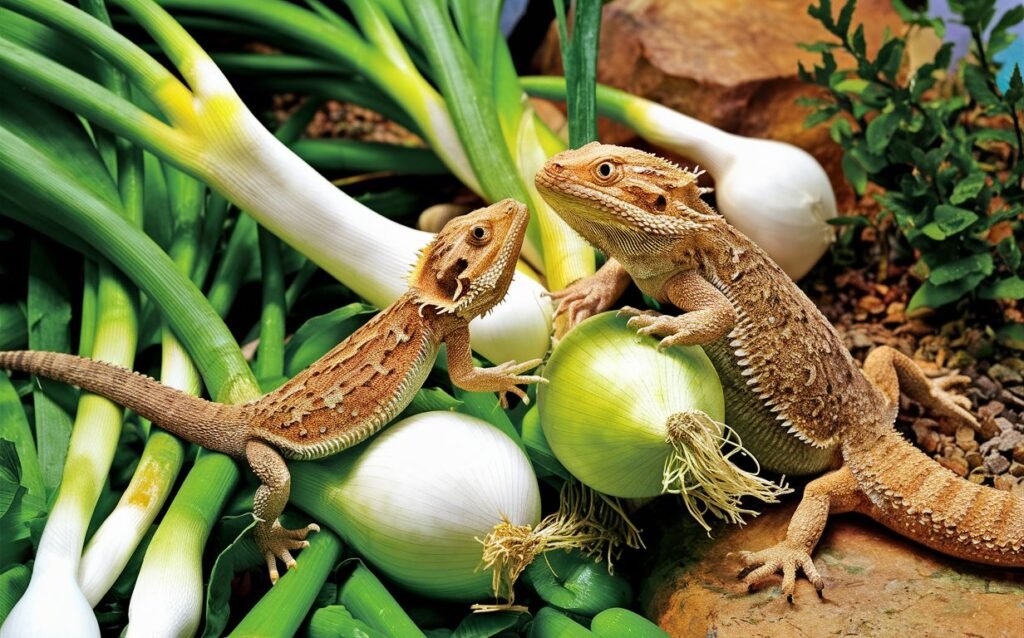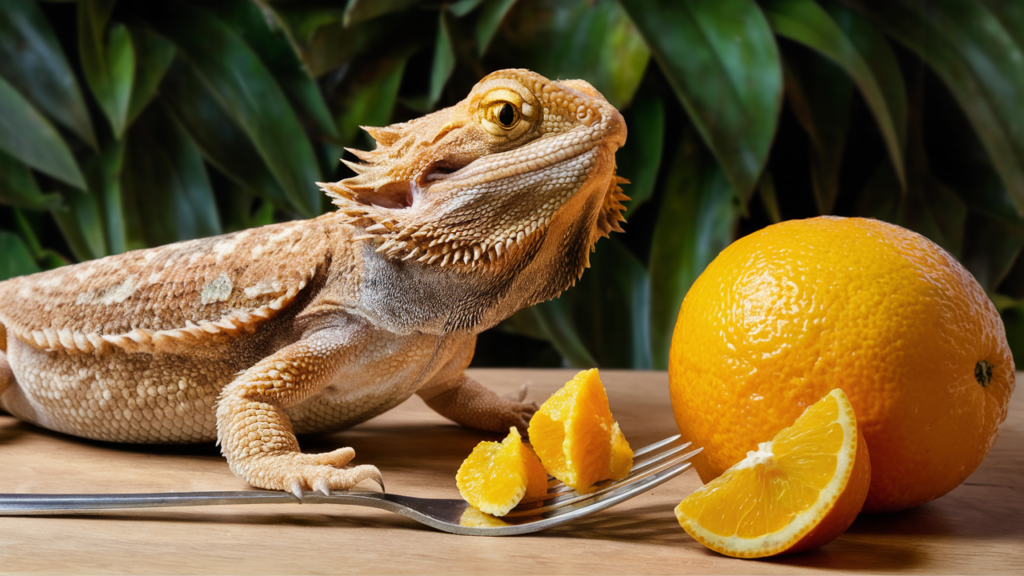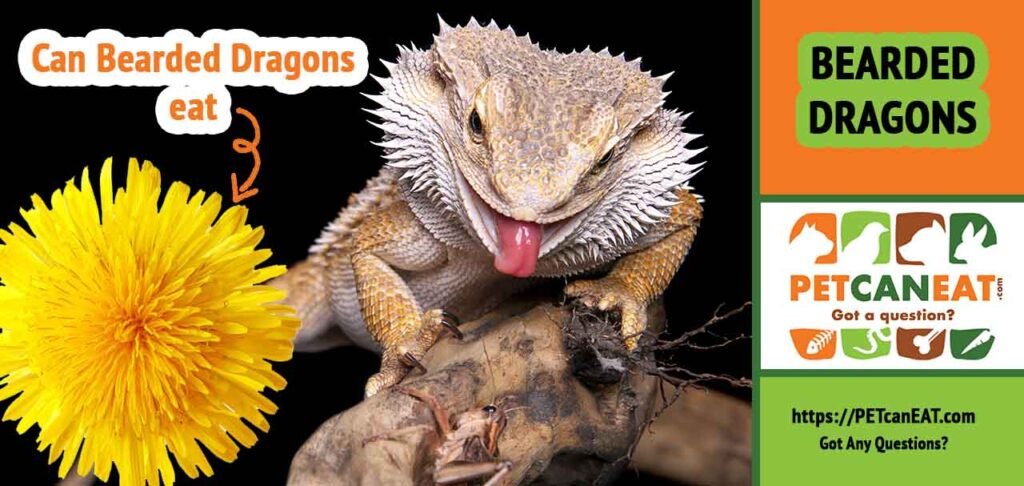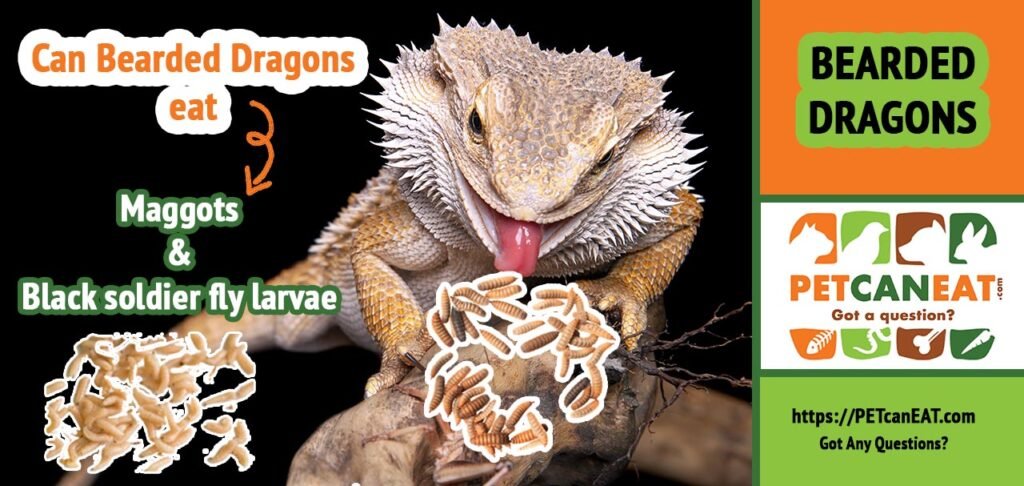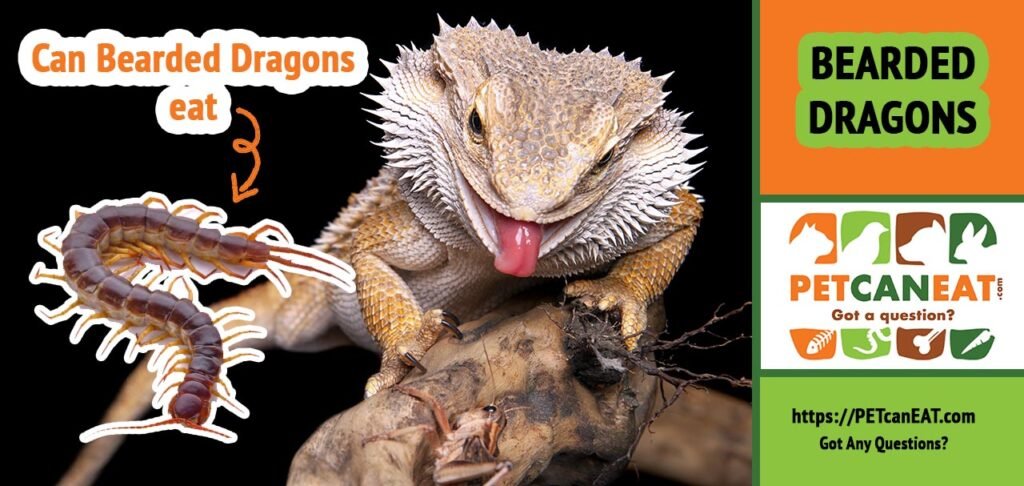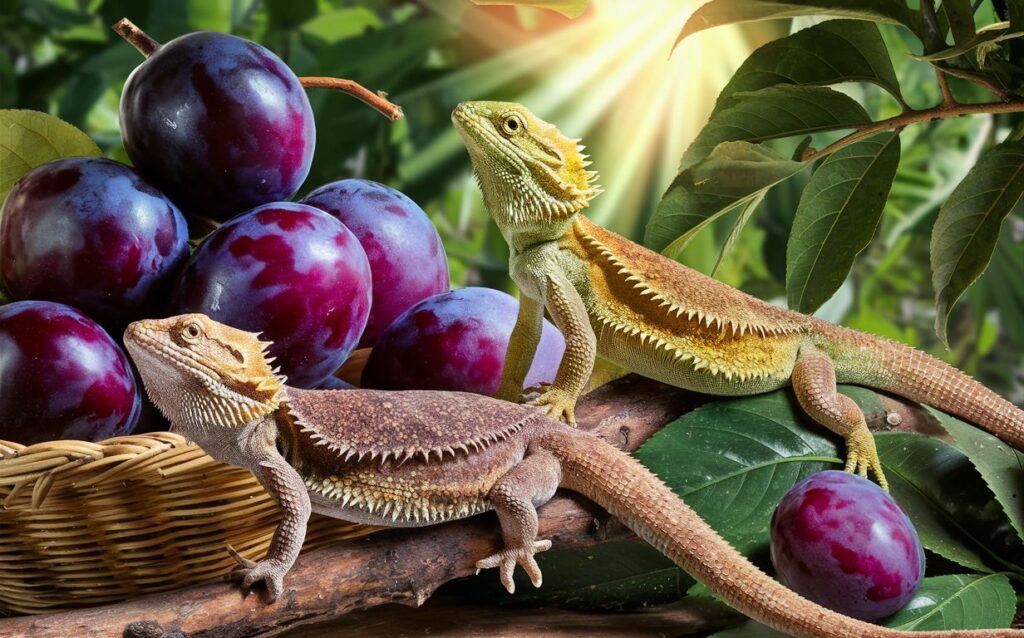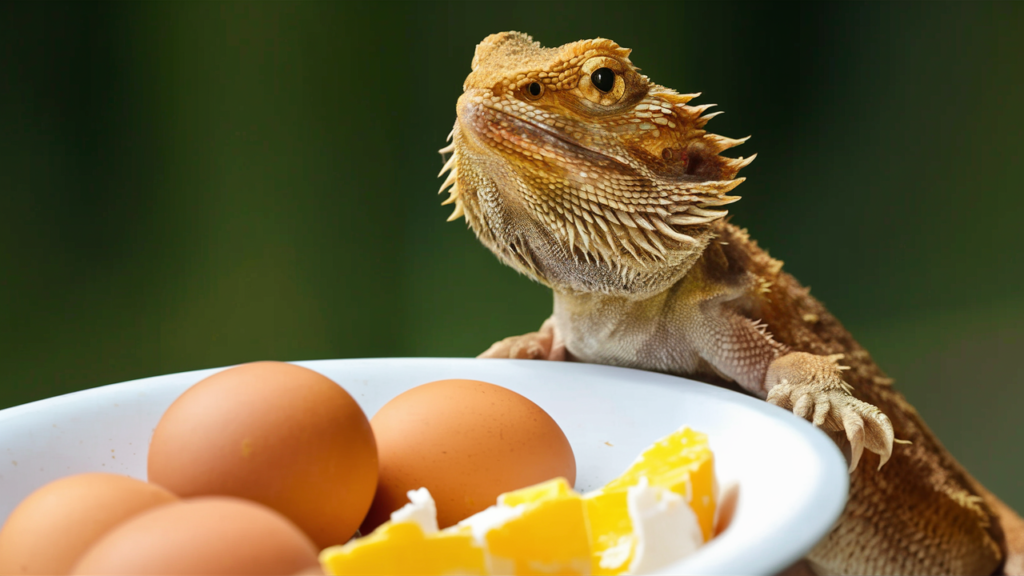Bearded dragons, a favored pet among reptile enthusiasts, thrive on a diet that mirrors the variety they would encounter in their natural habitat. This diet consists of a balanced mix of insects, vegetables, and occasional fruits. Given their dietary flexibility, owners frequently investigate different foods’ safety and nutritional value, leading to questions such as “Can Bearded Dragons Eat Green Onions?” Understanding the implications of feeding green onions to bearded dragons is crucial, as not all human-friendly vegetables are suitable for these reptiles.
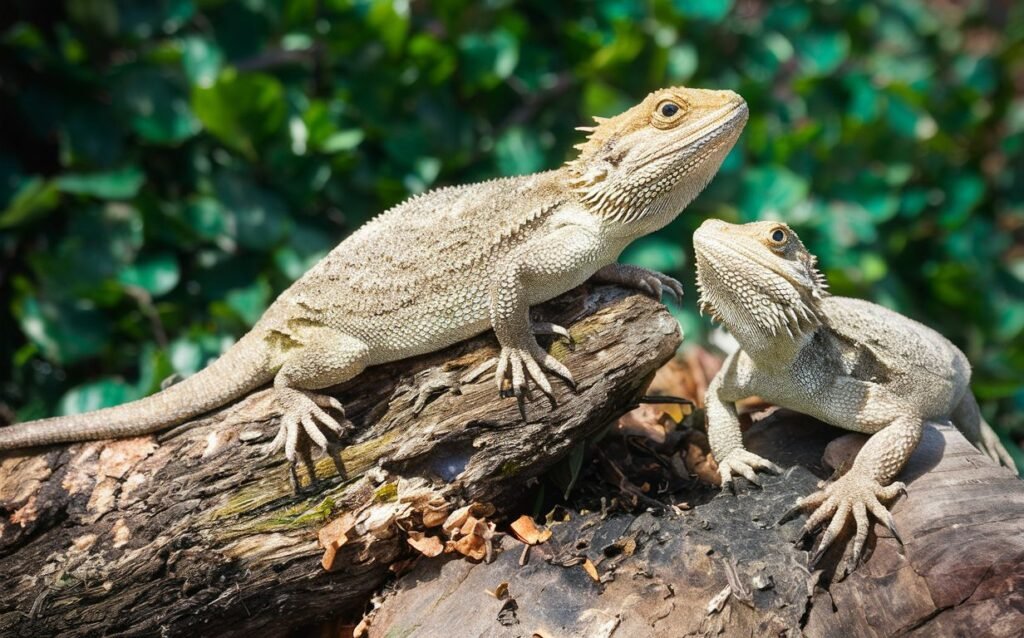
Overview of Green Onions
Green onions, also known as scallions or spring onions, are a staple in culinary dishes worldwide. They are appreciated for their mild flavor and nutritional benefits. They belong to the Allium family, which includes garlic, onions, leeks, and chives. Green onions offer a wealth of nutrients, including vitamins A, C, and K, folate, and antioxidants, which contribute to overall health and well-being.
This table will summarize the key nutrients found in 100 grams of raw green onions, based on general nutritional data:
| Nutrient | Amount (per 100g) | % Daily Value (DV)* |
|---|---|---|
| Calories | 32 kcal | 1.6% |
| Water | 89.83 g | – |
| Protein | 1.83 g | 3.7% |
| Total Fat | 0.19 g | 0.3% |
| Carbohydrates | 7.34 g | 2.8% |
| Dietary Fiber | 2.6 g | 10.4% |
| Sugars | 2.33 g | – |
| Vitamins and Minerals: | ||
| Vitamin A | 997 IU | 20% |
| Vitamin C | 18.8 mg | 31.3% |
| Vitamin K | 207 µg | 258.8% |
| Folate (B9) | 64 µg | 16% |
| Calcium | 72 mg | 7.2% |
| Iron | 1.48 mg | 8.2% |
| Magnesium | 20 mg | 5% |
| Phosphorus | 37 mg | 5.3% |
| Potassium | 276 mg | 5.9% |
| Sodium | 16 mg | 0.7% |
*% Daily Value (DV) is based on a 2,000-calorie diet. Your daily values may be higher or lower, depending on your calorie needs.
Can Bearded Dragons Eat Green Onions?
Feeding green onions to bearded dragons is strongly discouraged. Despite their nutritional benefits to humans, green onions contain compounds that can harm bearded dragons and other pets. Specifically, the Allium family’s vegetables have been identified as posing health risks to many animals due to the toxic substances they contain.
Risks and Considerations
- Toxicity: Green onions contain thiosulfate, a potentially toxic compound to bearded dragons. These substances can lead to oxidative damage in red blood cells, causing hemolytic anemia, where the body destroys red blood cells at a rate faster than they can be produced.
- Digestive Distress: Aside from the risk of toxicity, green onions can cause gastrointestinal upset in bearded dragons. This can manifest as lethargy, loss of appetite, or diarrhea, which could lead to dehydration and further health complications.
The delicate nature of a bearded dragon’s digestive system means that owners must exercise caution, avoiding foods known to cause harm.
Safe Dietary Alternatives
Considering the risks associated with green onions, it’s vital to focus on safe and nutritious alternatives that contribute positively to a bearded dragon’s diet:
- Leafy Greens: A staple for bearded dragons, including collard greens, dandelion greens, mustard greens, and turnip greens. These provide essential nutrients like calcium while being low in oxalates, which can inhibit calcium absorption.
- Safe Vegetables: Squash, bell peppers, and carrots can offer variety and essential nutrients in moderation.
- Occasional Fruits: Fruits should be treated as treats due to their sugar content. Berries, apple slices, and melon can be given in small amounts to avoid potential issues related to sugar intake.
Creating a Balanced Diet
The key to a healthy bearded dragon lies in replicating the diversity and nutritional balance they would find in the wild. This involves providing a variety of approved vegetables and fruits alongside their primary insect diet to ensure they receive a broad spectrum of vitamins and minerals. Regularly rotating the vegetables and fruits can help prevent nutritional deficiencies and maintain interest in their food.
Conclusion
While green onions may offer nutritional benefits to humans, they are not suitable or recommended for bearded dragons due to their potential toxicity and risk of causing digestive upset. A diet rich in appropriate vegetables, fruits, and insects will ensure your bearded dragon receives the necessary nutrients for a healthy life. Always consult a veterinarian experienced in reptile care before introducing new foods into your bearded dragon’s diet, especially if you notice any adverse reactions to their current dietary regimen.
FAQ Section
Q: How can I tell if a vegetable is safe for my bearded dragon?
A: Research each vegetable’s suitability for bearded dragons before introduction, focusing on those known to be safe. Consult with reptile nutrition experts or veterinarians for guidance.
Q: What immediate steps should I take if my bearded dragon eats green onions?
A: If your bearded dragon ingests green onions, monitor it closely for any signs of distress. Contact a veterinarian knowledgeable in reptile care for advice, as they may recommend specific interventions based on the amount ingested and the dragon’s overall health.
By prioritizing safe dietary choices and understanding the unique nutritional needs of bearded dragons, owners can foster a nurturing environment that supports their pet’s health and longevity.

